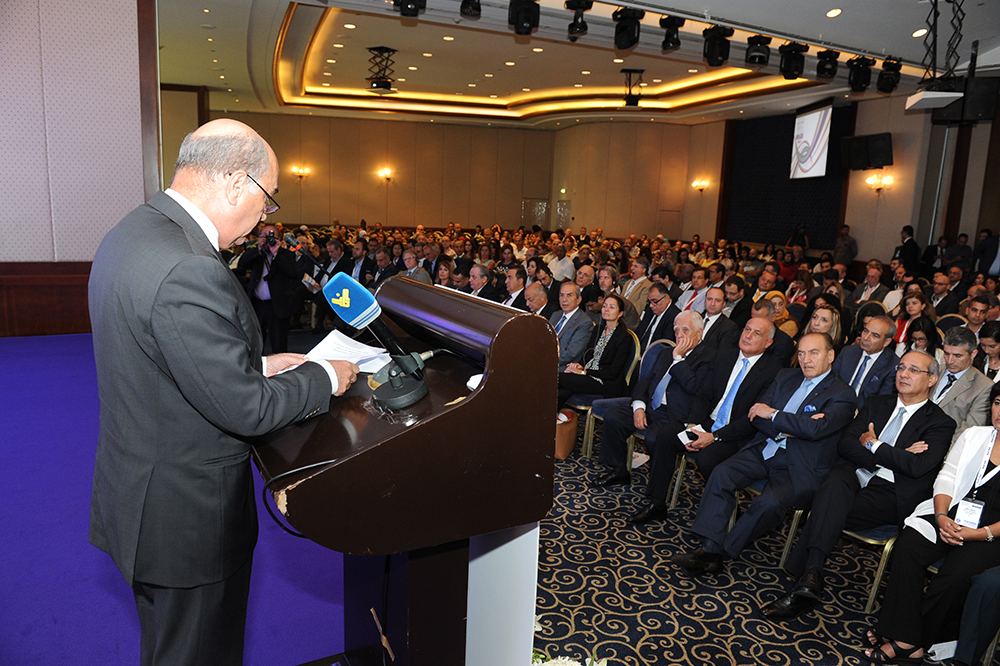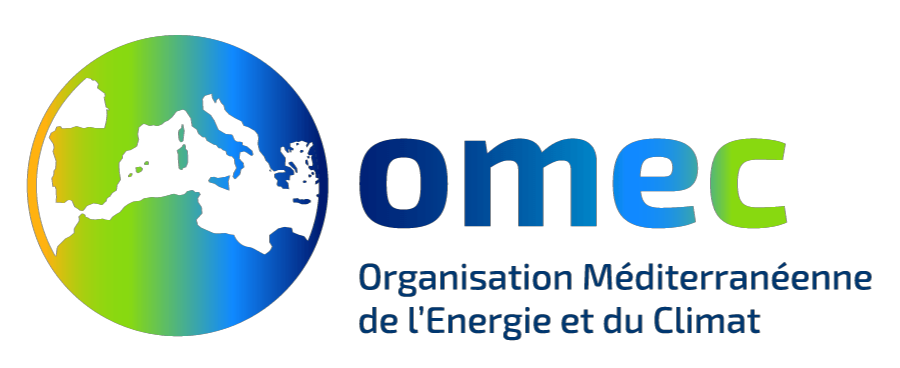
OME Side-event on the Energy Transition in the Mediterranean at the International Beirut Energy Forum
The key results of the joint work developed by MEDENER and OME were presented during a session of the International Beirut Energy Forum titled: “Fostering an Energy Transition Scenario in the Mediterranean: Costs, Benefits and Implementing Measures” which took place on Friday 23rd of September at the Royal Hotel in Dbayeh, Lebanon. The workshop was organized by OME together with the Lebanese Center for Energy Conservation (LCEC), partner of the Renewable Energy Committee of OME, and is under the patronage of the Lebanese Minister of Energy and Water.
Dr. Emanuela Menichetti, Director of the Renewable Energy and Electricity Division of OME introduced the main assumptions and key outcomes of the Energy Transition Scenario. The presentation was followed by a panel discussion, attended by: Mr. Ashraf Kraidy, Senior Advisor, Energy Department, League of Arab States; Dr. Kurt Wiesegart, Team Leader, MED-ENEC; Mr. Ammar Al Taher, Energy Management and Executive Advisor, RCREEE and Mr. Habib El Andaloussi, Sustainable Energy Policy and Forecasting Expert.
Main questions discussed by the experts were: What are the extra-costs and benefits of implementing an Energy Transition Scenario in the Mediterranean countries? What additional policies and regulations are needed to ensure a smooth implementation of such a scenario? Are current climate efforts as depicted in the Mediterranean countries NDCs’ in line with the results and recommendations of the ETS? What is the actual level of ambition of Mediterranean countries? What are the available accompanying measures under the framework of the regional energy cooperation?
The key figures resulting from the implementation of an Energy Transition Scenario in the Mediterranean are summarised as follows:
•30% savings for primary energy demand in 2040 compared to business-as-usual;
•Savings of more than 20% in all main final energy consumption sectors;
•Reduced needs for additional electricity capacity (-214 GW spared by 2040);
•Nearly 3 times less net fossil fuel imports by 2040;
•and 39% decrease in CO2 emissions. The 2040 emissions would be 12% below current levels and 14% higher than 1990 levels.
This workshop is inscribed within OME activities to disseminate the ETS and to foster dialogue on energy transition and climate policies in preparation of COP22 in Marrakech.
